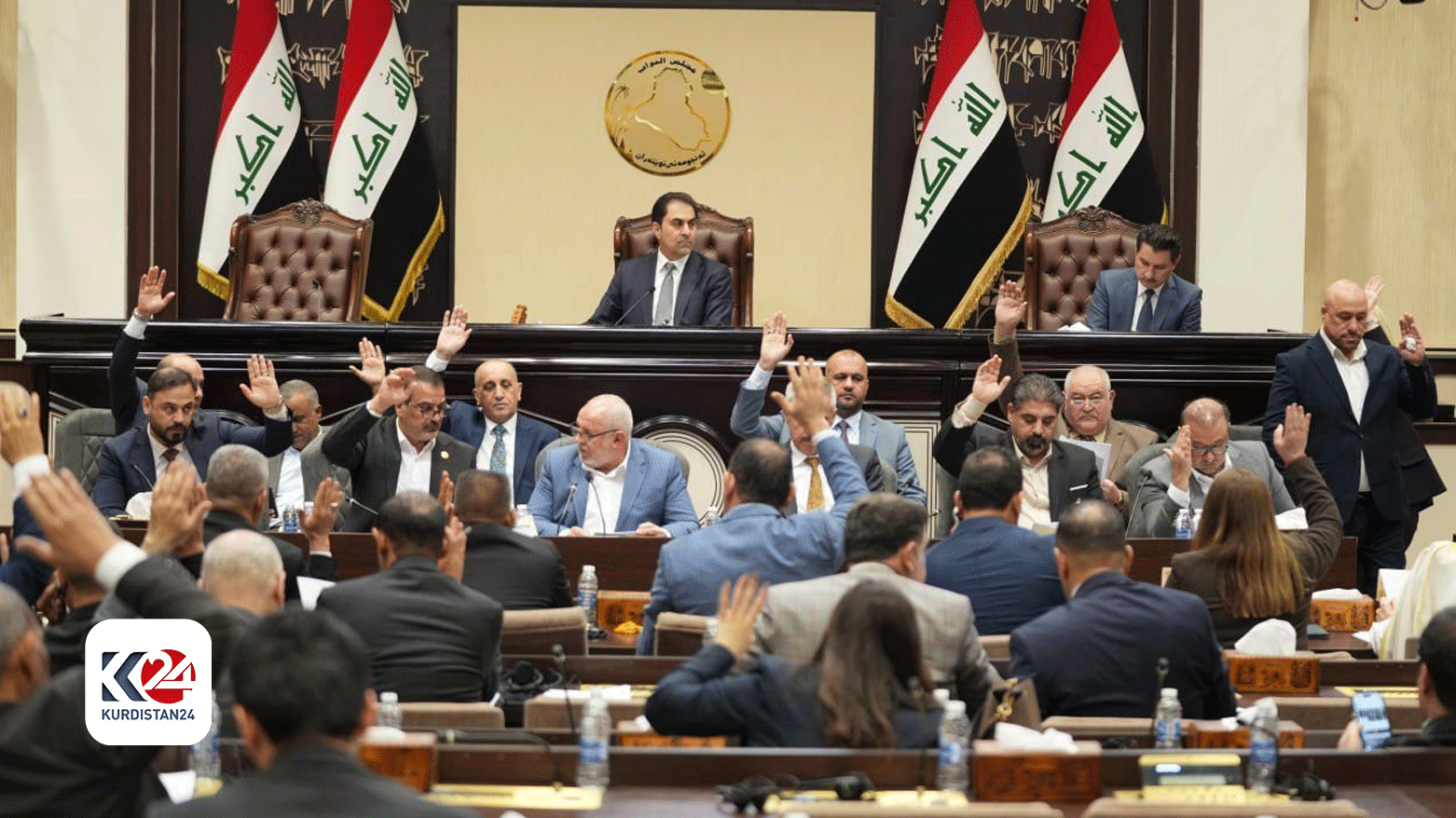Experts call for formation of Supreme Federal Council to resolve political disputes
The council's formation is seen as crucial to addressing conflicts that have, in many cases, been exacerbated by court decisions affecting the broader public.

ERBIL (Kurdistan 24) – The establishment of a Supreme Federal Council has emerged as a key demand among various political blocs in Iraq, aimed at resolving disputes outside the influence of the Federal Court.
The council's formation is seen as crucial to addressing conflicts that have, in many cases, been exacerbated by court decisions affecting the broader public.
Political analyst Kazem al-Zubaidi highlights that some parties fear losing their grip on decision-making power if such a council were established. "The failure to form the Supreme Federal Council is, I believe, so that some political parties can prove their control over the political process," he told Kurdistan 24.
Al-Zubaidi emphasized that the council could expedite dispute resolution more efficiently than the Federal Court, which often handles lawsuits used as pretexts to undermine various political entities.
Despite the council's potential to streamline and depoliticize conflict resolution, political researcher Nawal al-Moussawi notes that political infighting has stalled its creation.
"From 2005 until now, there are many sensitive and important issues in the structure of the political system that are clearly behind schedule. These issues cannot be addressed today through this incomplete political formation within the Iraqi parliament," al-Moussawi said, pointing out the absence of key elements necessary for effective political decision-making.
Experts agree that the lack of a Supreme Federal Council has worsened tensions between the central government and the Kurdistan Region.
This void, coupled with the dominance of political parties over critical decisions, particularly those impacting the Federal Court, has intensified existing problems.
The council, comprising representatives from all ethnic and national groups, is seen as a vital mechanism to foster a more equitable and efficient political process in Iraq.
Additional reporting by Kurdistan24's correspondent Saif Ali